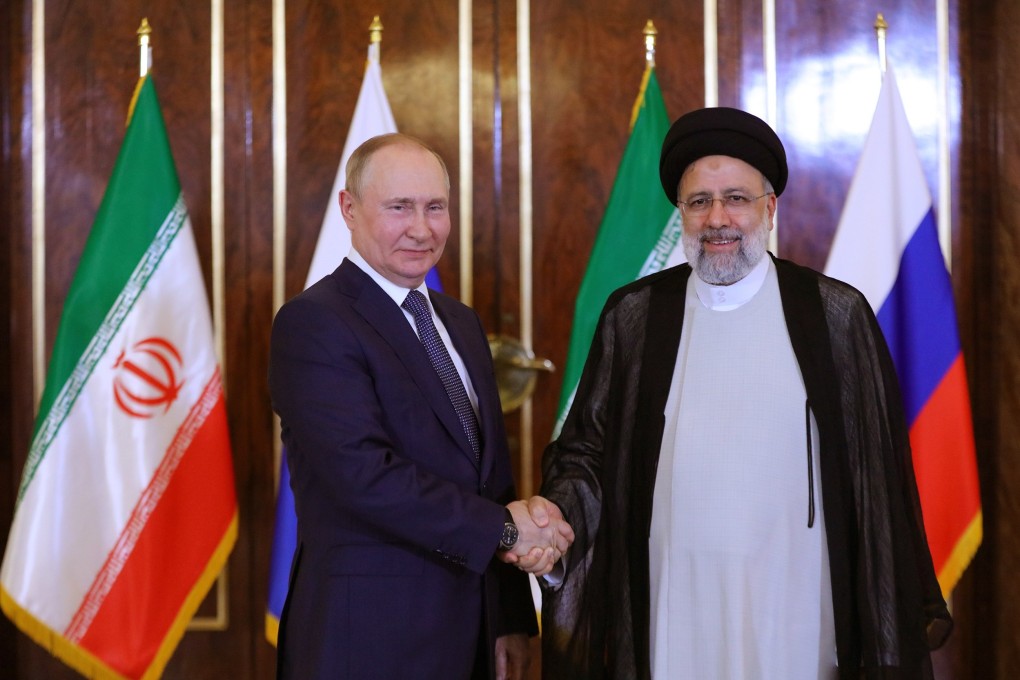Opinion | ‘Radical entente’ in Russia’s corner could be double-edged sword for China
- Russia has affiliated itself with North Korea, Iran and Syria, whose anti-US activities are aligned with Moscow’s foreign policy goals
- This informal grouping could pose a dilemma for China, which wants to prevent Russian defeat but also not prolong the war in Ukraine

The original “radical entente” emerged in the early 1980s and comprised North Korea, Iran, Syria and Libya. Its member states collaborated in a shared effort to resist the United States, harm its interests and expel it from the Middle East and East Asia.
To accomplish its strategic objectives, the entente employed three distinct types of mutual support activities: logistic, operational and joint efforts to stretch US forces thin.
For example, while welcoming Nicaraguan president Daniel Ortega to North Korea, Kim Il-sung declared, “If the peoples of the revolutionary countries of the world put pressure on and deal blows at United States imperialism in all places where it stretches its talons of aggression, they will make it powerless and impossible to behave as dominator any longer.”
Muammar Gaddafi, then Libya’s leader, endorsed this scheme when he said on March 2, 1984, “We must force America to fight on 100 fronts all over the Earth. … Through the peoples’ war of liberation, we can force America to fight on all fronts.”
Libya, of course, is no longer in the group. However, Russia is increasingly joining forces with the entente. Moscow sees the coalition’s activities as in keeping with Russian President Vladimir Putin’s grand strategy of expelling the US from what the Kremlin calls its “near abroad”.
.jpg?itok=irF4LC5Q&v=1664767738)